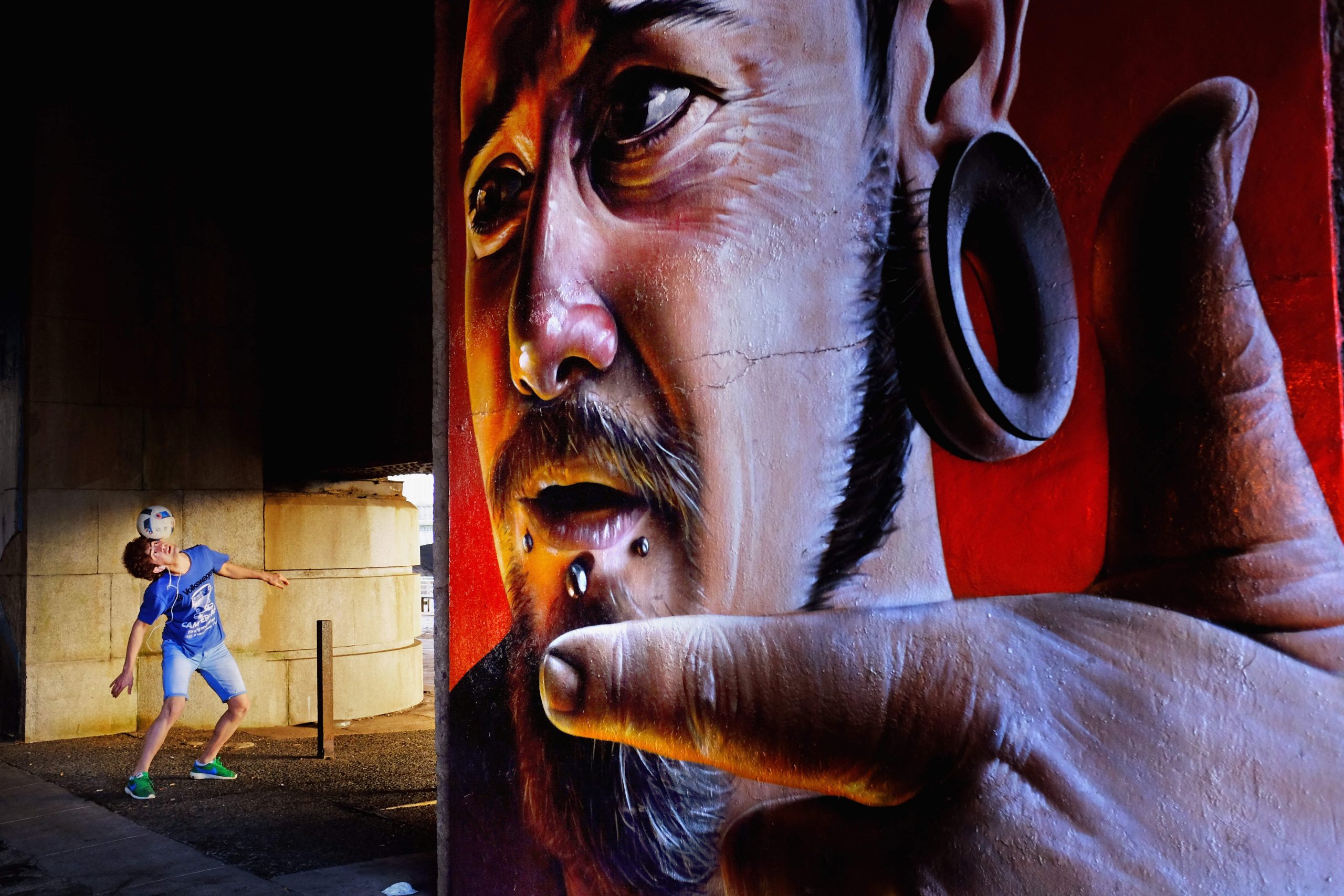
Saturday 19 November is International Men’s Day. Its organisers claim their aims are to promote men’s physical and mental wellbeing, as well as work to improving gender relations. However, the idea of a day concentrating on men has proven divisive, with many of its supporters using it as an opportunity to fight feminism. Some victims of sexism joke that every day is International Men’s Day.
So is the concept fundamentally misguided, or is it a question of interpretation? Journalist, writer, and activist, Ally Fogg, is part of the organising committee for UK International Men’s Day. We spoke over the phone on 9 November, the day, as it would turn out, Americans voted for a man who boasted about groping women to become their next President.
One problem with a lack of debate, Fogg argued, is that International Men’s Day is about more than just raising awareness of individual issues. “You can’t talk about men’s suicide rates, without talking about the higher rates of alcoholism,” he said. “Without talking about men being more reluctant to seek help from the NHS.” None of this exists in isolation of a culture of violence, which is exacerbated by the criminal justice system.
He is keen to stress that International Men’s Day isn’t purely about celebrating men. “We live in a patriarchal society that systematically empowers men over women. But what happens to men who fall through the cracks?” he asked. “How do we address the fact that the majority of victims of sexual violence are women without ignoring that many victims are men?”
To illustrate his argument, he gave the example of a friend, who reported being a victim of child sexual abuse to the authorities, and was offered support. However, the independent adviser couldn’t use her own office, as it was a women-only space. Instead, Fogg’s friend was expected to recount his trauma in a public coffee shop.
To Fogg, this was not to suggest women-only spaces should be removed, but to illustrate the gaps in support.
Nevertheless, talking about men as victims seems impossible without also acknowledging that men commit most violent crimes. Fogg said: “If we can do something about making men less violent, the number one beneficiaries of that are men and boys”. His believes that curing men of toxic masculinity is a worthwhile end in itself.
International Men’s Day UK also focuses on the intersection of gender with race, sexuality, and poverty. “Look at the appalling coverage of the migrant crisis in Calais,” Fogg said. He believes newspapers played on the fact many in Calais were male, Muslim, and had dark skin. Had they been Muslim women or white, Christian men, it would have been harder to portray them as menacing. “We are now seeing the same thing with Donald Trump and Mexicans,” he added.
But while focusing on a particular demography always brings new perspectives, International Men’s Day is not just about refugees in Calais. One of the most prominent political backers is the Conservative MP for Shipley, Philip Davies, a man who has voted against equality legislation, attacked what he called “militant feminists” and bombarded the chairman of the Equality and Human Rights Commission with questions such as “why is it so offensive to black up your face?” He once said disabled people don’t need to earn the minimum wage.
With Davies leading the debate, it sends a message that men’s issues matter, but not if the man is disabled, gay, Muslim, BAME, or trans. This is vitally important because these are the groups of men who suffer from the highest rates of suicide, violence, and discrimination – with the least support available.
I pressed Fogg to name someone he’d prefer, who hasn’t offended just about every minority and at-risk community. He avoided an answer, but suggested there there has been a growth in conversations about masculinity itself. “Grayson Perry’s work has great for this,” he said. “More and more people are asking how to be a man in the 21st century, but what they don’t do is acknowledge that these are political issues. We can’t just say we want more boys to read and go to university. Men and boys can’t reinvent ourselves without policy being involved”. The cycle of toxic masculinity won’t end itself.





